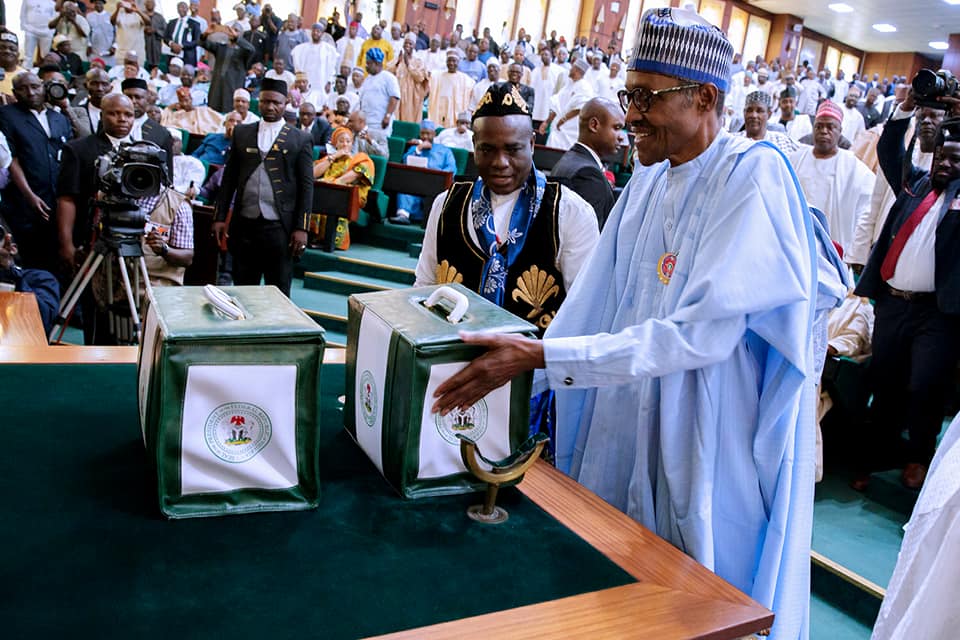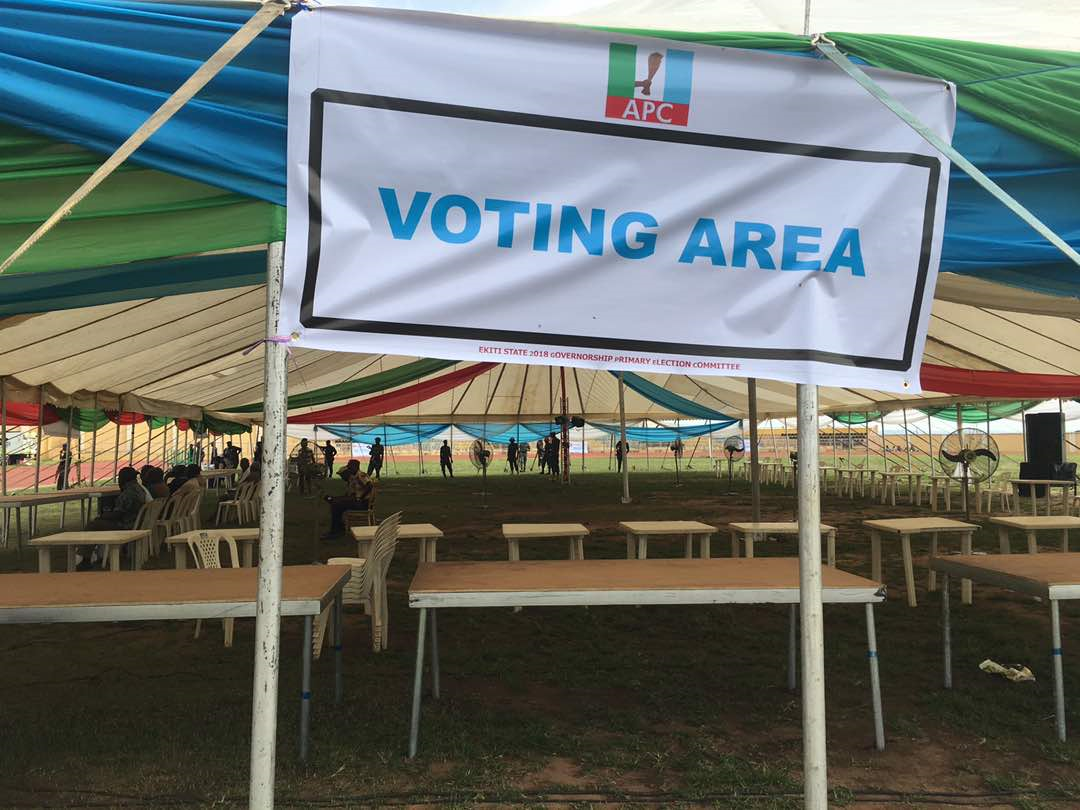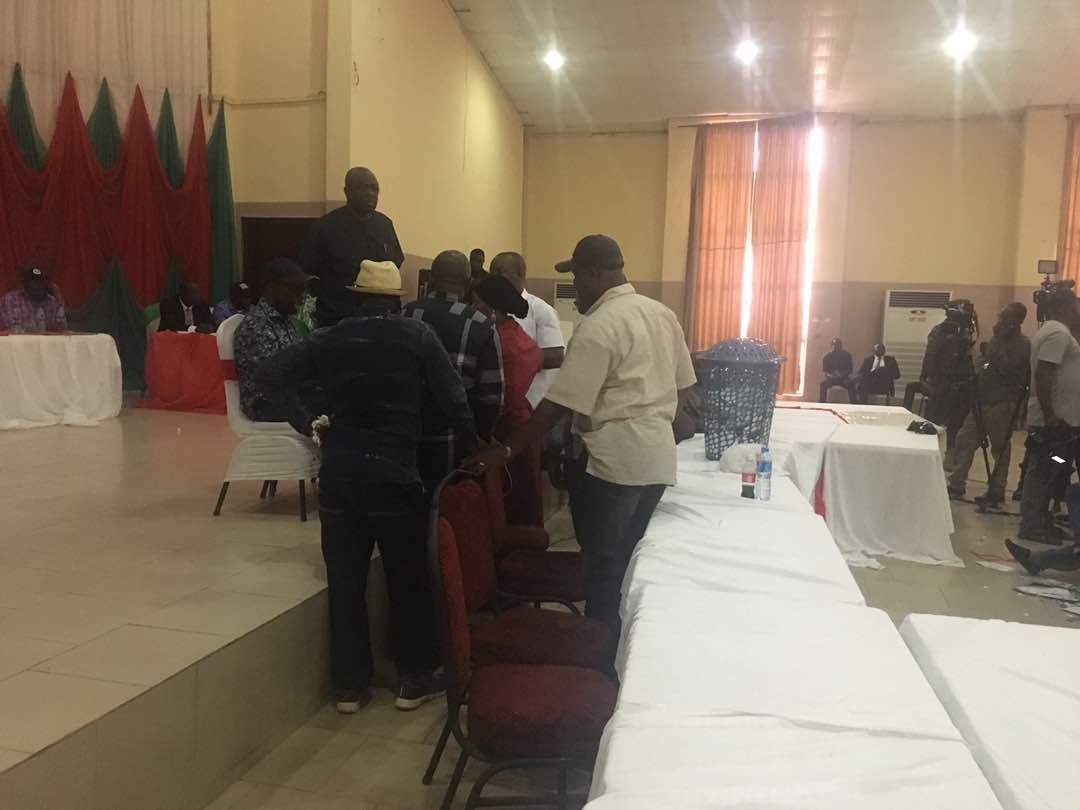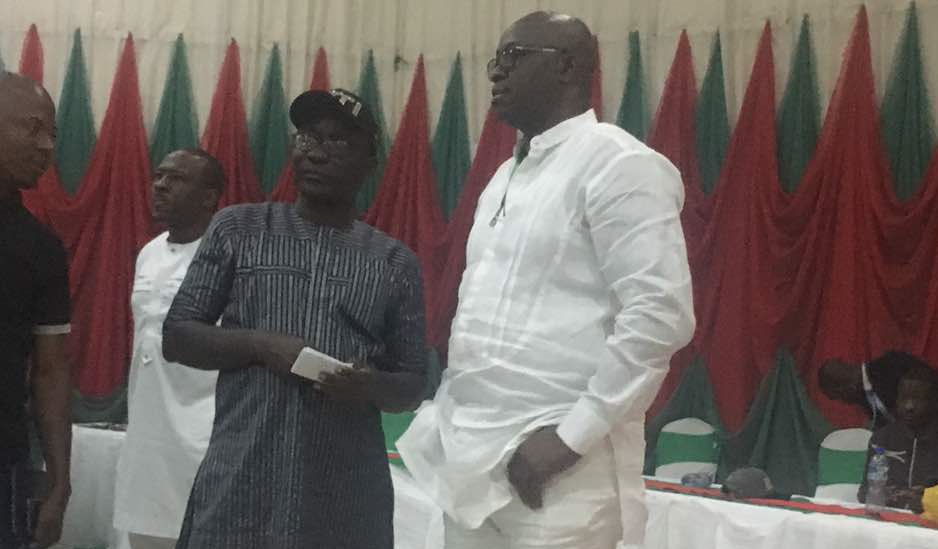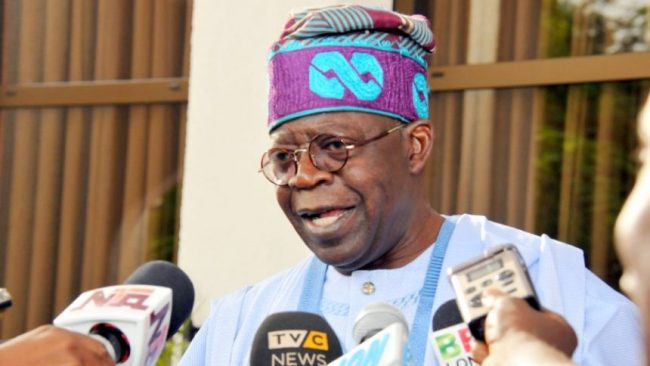A high degree of confidence and optimism remains over Nigeria’s overall growth outlook, following the economic recovery witnessed in recent months.
Higher oil prices, easing inflationary pressures and ongoing foreign exchange stability have been critical, not only in cultivating, but also maintaining the positive sentiment.
However, there is a growing sense of unease over the failure of Nigeria to pass the 2018 national budget. Despite the tremendous amount of effort injected to getting the “budget of consolidation” to the national assembly last November, it has been embarrassingly delayed on repeated occasions.
With Nigeria being closely watched by global investors, such developments are likely to slowly erode confidence over the stability of the nation’s political landscape. It must be kept in mind that the Central Bank of Nigeria has already warned the federal government that “hard work” will be needed to prevent the country from skidding into another recession.
Advertisement
While the 2018 budget can elevate Nigeria’s economy to new heights, there is a threat that the delay in implementation could negatively impact its overall effectiveness.
It is worth noting that the N8.612 trillion budget was expected to consolidate the positive gains of the 2017 budget, and support the materialization of Nigeria’s economic growth recovery plan.
Nigeria’s government remains on an ongoing quest to develop infrastructure and bolster investment in agriculture, but haste is needed.
Advertisement
While rising oil prices have boosted government revenues and foreign exchange reserve, the long-term solution to Nigeria maintaining stability and steady growth remains in diversification. Nigeria should exploit the fact that the current oil price of $68.00 is $23.00 above the crude oil benchmark price of $45.00 per barrel in the budget.
It is critical to keep in mind that oil can easily confiscate all it has gifted to Nigeria, and even more so if prices start to depreciate. While the outlook for oil in the short term remains somewhat bullish amid geopolitical tensions and OPEC optimism, the fundamentals behind the rally remain shaky.
With regards to the core economic metrics, consumer prices in Nigeria have eased repeatedly, ultimately suggesting that inflationary pressures are slowly becoming a thing of the past. With inflation cooling for the 14th consecutive month in May at 13.34%, consumer price growth dipped below the 14% benchmark interest rates for the first time in two years.
Manufacturing PMI rose to 56.9 in April, jumping from 56.7 in March, painting a positive picture of Nigeria’s manufacturing sector. The combination of improving economic data and falling inflation should prompt the Central Bank of Nigeria to cut interest rates to support growth. While an interest rate cut in the second quarter of 2018 could be somewhat premature, the CBN could rattle rackets by acting in the third quarter of 2018.
Advertisement
As we head deeper into the second trading quarter of 2018, markets will be paying very close attention to a variety of key themes. The developments revolving around the 2018 national budget will be in sharp focus. Investors are likely to closely observe oil prices and the potential impact of an appreciating Dollar to the Nigerian economy.
Add a comment

